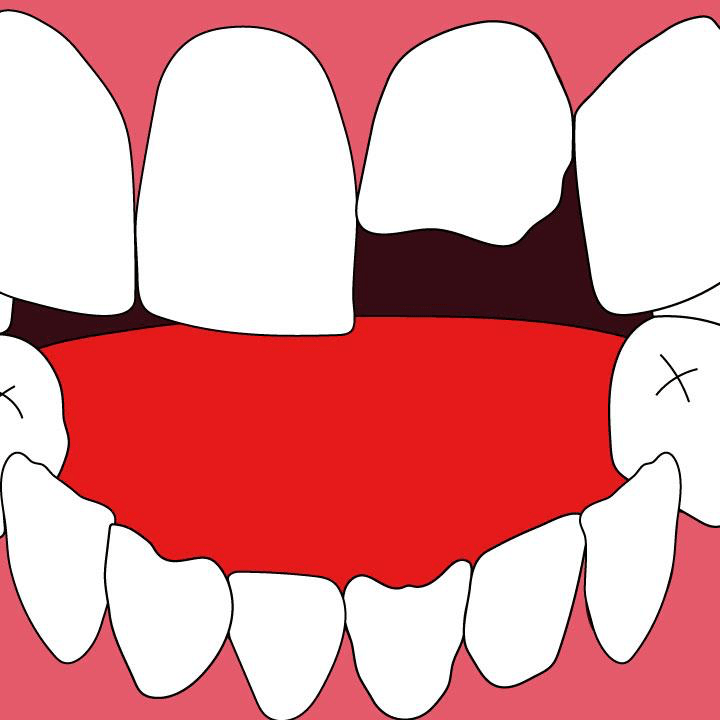By Justin Lyons
Coronavirus obviously affects all-around health, but it’s also taking a toll on mental health.
With a pandemic, a recession, social injustice and a majorly impactful presidential election coming in just over a month, who isn’t stressed and tense?
Dr. Cathy Hung says headaches, jaw pain or severe discomfort near the ears can all be connected to TMJ disorders. These symptoms can be brought upon by stress and tension at a time during which either of those would be easily forgiven, if not already expected.
TMJ, or the temporomandibular joint, is the joint connecting the jaw to the skull. There is one on each side of the head, and they’re used extensively for everything we open our jaws for. They’re incredibly important, but that importance can make them severe sources of pain when something goes wrong.
Hung, oral surgeon and author of Pulling Wisdom: Filling Gaps of Cross-Cultural Communication for Healthcare Providers, said there are many causes of TMJ disorders, but stress is one of the biggest.
“I have seen patients with TMJ due to stress from the pandemic. When people are tense, they often clench or grind their teeth, tightening their jaw muscles and putting stress on the TM joints. Sometimes severe clenching also can lead to a cracked tooth or cracked dental crown,” Hung said.
She also offers some tips for those with TMJ disorder-causing habits.
Teeth grinding: Known as bruxism, this can be grinding, gnashing or clenching of teeth. Hung said these can all happen unconsciously while awake or even while asleep. Grinding can lead to TMJ, headaches and damage to teeth, and the best treatments are stress relievers or doctor-prescribed relaxants. Dentists and oral surgeons can also fit teeth grinders for a protective mouthpiece to wear while sleeping.
Tension headaches: Hung said tension headaches feel like a band wrapped around the temples. These can come from clenching, but they can also be associated with pain in the jaw. Hung says over-the-counter medication can help, but it isn’t fail-proof. If they don’t work, you should schedule a visit with a medical professional.
Other TMJ symptoms: Hung says there are a few ways to tell if a person is suffering from a TMJ disorder.
“You may have a misaligned bite, or pain and a clicking or grating noise when you open your mouth,” Hung said. “Or, you may have trouble opening your mouth wide.”
Again, stress relief and mouth guards can help in these scenarios. Physical therapy can also help. Hung says surgery can be needed in the most severe cases.
It’s a stressful time in the world, but Hung offers some hope to those who have acquired TMJ disorders through stress.
“Certainly, treatment can take time to be effective,” Hung said. “But you’ll be glad to know that problems associated with TMJ disorder are more easily diagnosed and treated than they were in the past.”
For more information or to contact Dr. Cathy Hung, you can click right here.






